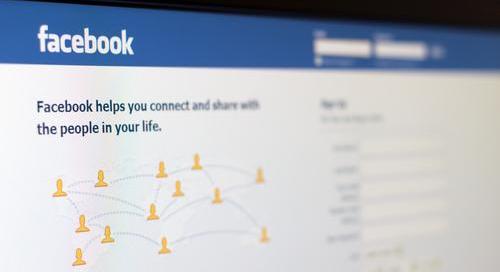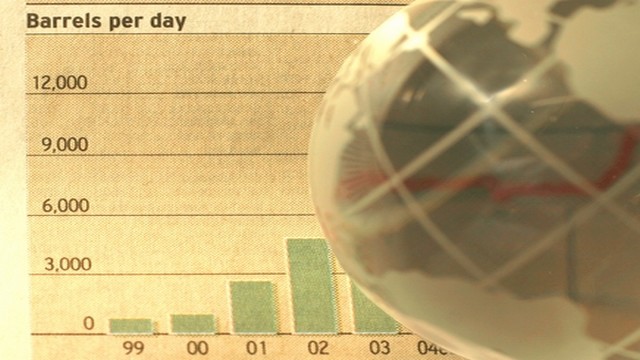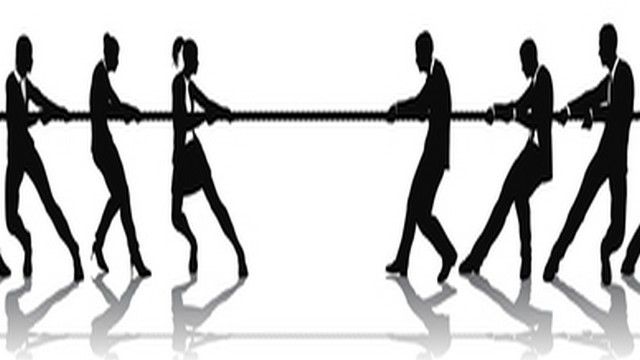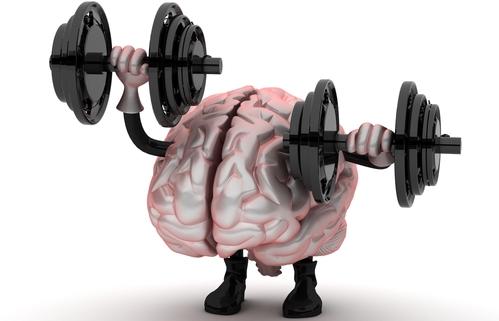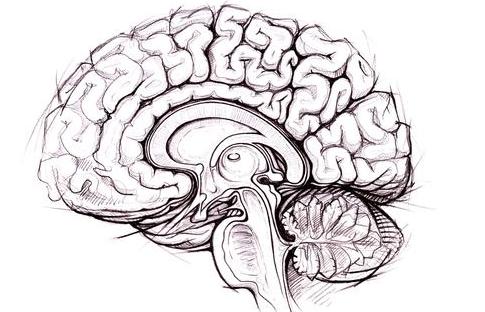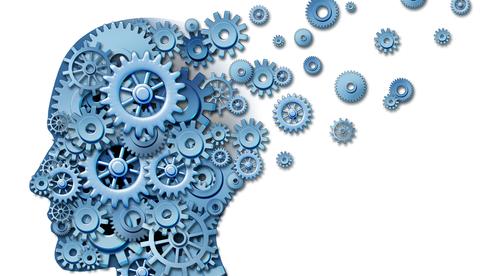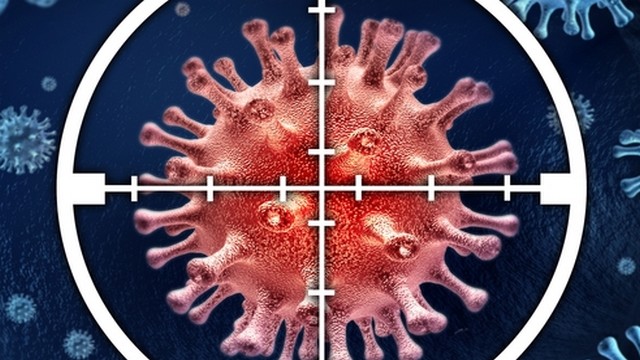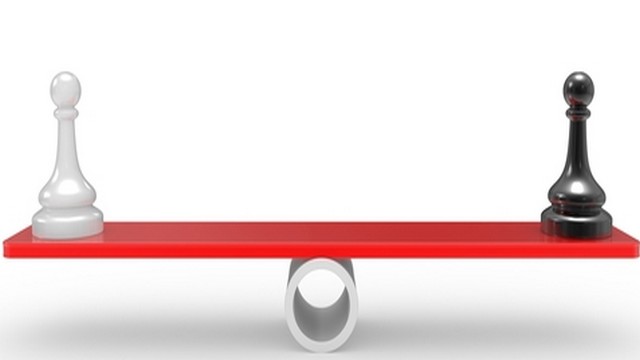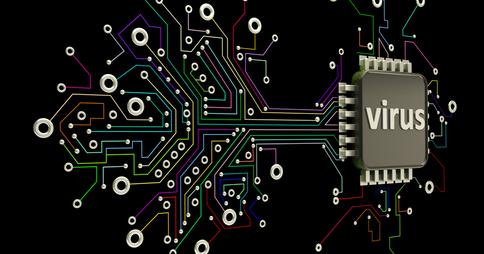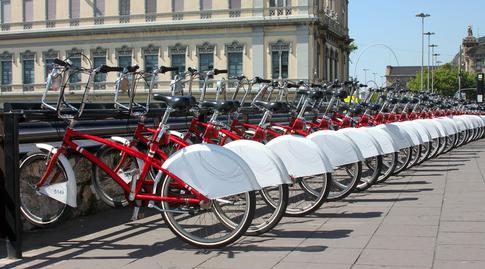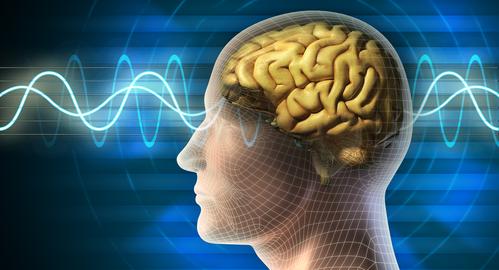Orion Jones
Managing Editor
Get smarter, faster, for success in the knowledge economy. Like us on https://t.co/6ZFWKpoKLi or visit https://t.co/d7r7dG2XOq
Big-idea start ups are not dead, says GigaOm’s Derrick Harris. They’ve just moved to the cloud, where scalable technology allows companies–and individuals–to innovate like never before.
The preservation of individuals’ online profiles after their physical death extends their life in a very meaningful sense, says Australian philosopher Patrick Stokes.
A new tech start up wants to use a mobile app to create a worldwide network for real-time language translation. Its creators say the system is the next-best thing to the singularity.
Facebook banked $16 billion on its initial public offering, so why are market analysts disappointed? Perhaps because the company threatens the dominance of the stock market itself.
The agreement in which Iraq will purchase surveillance drones from the U.S. is the latest in an effort to help keep oil terminals within the Iraqi territory in the Persian Gulf safe. In turn, it allows the United States to strengthen its ties to the country.
The reoccurring topic in the midst of the economic crisis effecting countries around the world is derivatives trading. It is a risk financial institutions take that has no benefit to customers, and can cause an outcome that will throw an economy into financial disorder.
Women’s equality and health are the focus of Republican criticism. Republicans are determined to weaken the welfare of women.
The Chinese view social debates among Americans as unethical and immoral behavior. They believe issues such as gay marriage and abortion should remain out of the public eye.
There are just 30 people worldwide whose brain injuries have rewired their brains in ways that allow them to perform amazing feats. But now a machine replicates the process with some success.
New research has found a genetic link between exercise and brain performance, implying that physical activity could treat disorders like ADD and ADHD, especially during youth.
To soften the feeling of pain, distract your mind with another task. Researchers say that investing mental energy elsewhere keeps your nervous system from receiving pain signals.
Financial companies are putting a halt to the type of banking services provided to the clientele of America’s elite. The act is an effort to avoid the possible aid in further tax evasion.
Why are some people more willing to put in hard work now for a larger payoff in the future? Neuroscientists believe the effect of dopamine contributes to how we tolerate the tedium of work.
A new study has found parallels between bomb blast injuries sustained by soldiers and a degenerative brain disorder known to occur in athletes who box and play football.
Researchers have a clearer picture on how a gene contributes to Alzheimer’s disease. It establishes a new objective in the fight against the disease.
Doctors lack the education to help cancer survivors plagued with treatment-related side effects. Cancer survivors are coping with long-term issues that they didn’t know existed.
The ultrasensitive biosensor is the latest in the fight against cancer. The sensor catches cancer earlier than imaging and other monitor devices.
Research reveals a relationship between intellectual and cultural hobbies and weight control. Activities such as reading and going to see an art exhibit can help to keep off excess pounds.
High-tech fashion can be the game changer in medicine by turning health-detector devices into wearable accessories. These devices could make health care more popular in people’s daily lives.
Due to rising tuition costs, even students attending state universities are taking on sizable debt. Until what point does digging a financial hole now allow you to scale a golden mountain later?
Yale philosophy professor Shelly Kagan unravels the reasons why death is considered bad for someone and finds them wanting. To be sure, he feels that death is bad for those who pass on.
New technology platforms and lingering job shortages mean volunteering will be increasingly motivated by self-interest. So is it still volunteering? Or should we not worry about defining it?
Compromise may be important to stable relationships but it can make the bedroom a very boring place. Sex psychologist David Schnarch suggests alternating between preferences.
As fathers play larger roles in their children’s lives, families are reevaluating old gender roles. But when two working adults are also committed parents, what energy is left for marriage?
If current research proves fruitful, the homes and cities of the future may be powered by viruses. Berkeley Lab scientists have genetically engineered the M13 virus to output more power.
As more American cities warm to the idea of bicycle sharing programs, the bike may evolve into the ideal platform for gathering urban data on everything from traffic levels to heartbeat rates.
Access to mobile computing, to allow employees to check email outside of working hours, increases productivity up to a point. After that it just burns people out and makes them unhappy.
A new robotic sailboat aims to set navigation records while collecting data on marine life. In the future, such boats could be used for search and rescue operations and tsunami detection.
A team of researchers at Brown University have taught a paralyzed woman to move a robotic arm with her mind, enabling her to take an independent sip of coffee for the first time in 15 years.
There is not much middle ground in the debate over whether life exists beyond planet Earth. Astronomers either believe the odds of life are impossibly rare or mundanely common.



